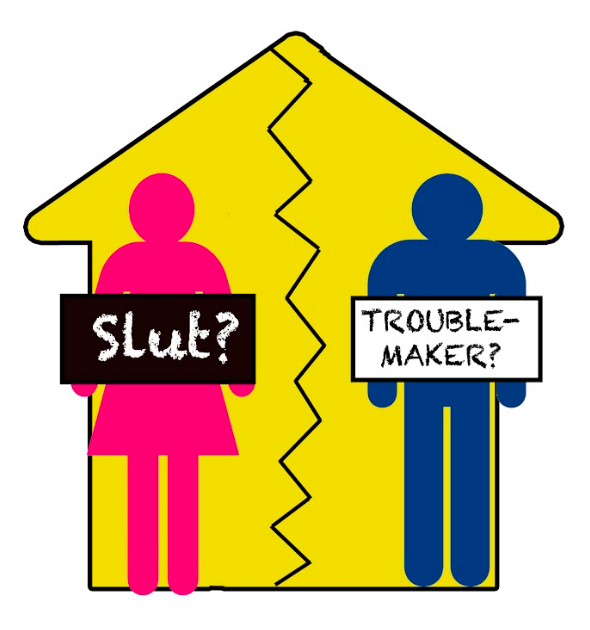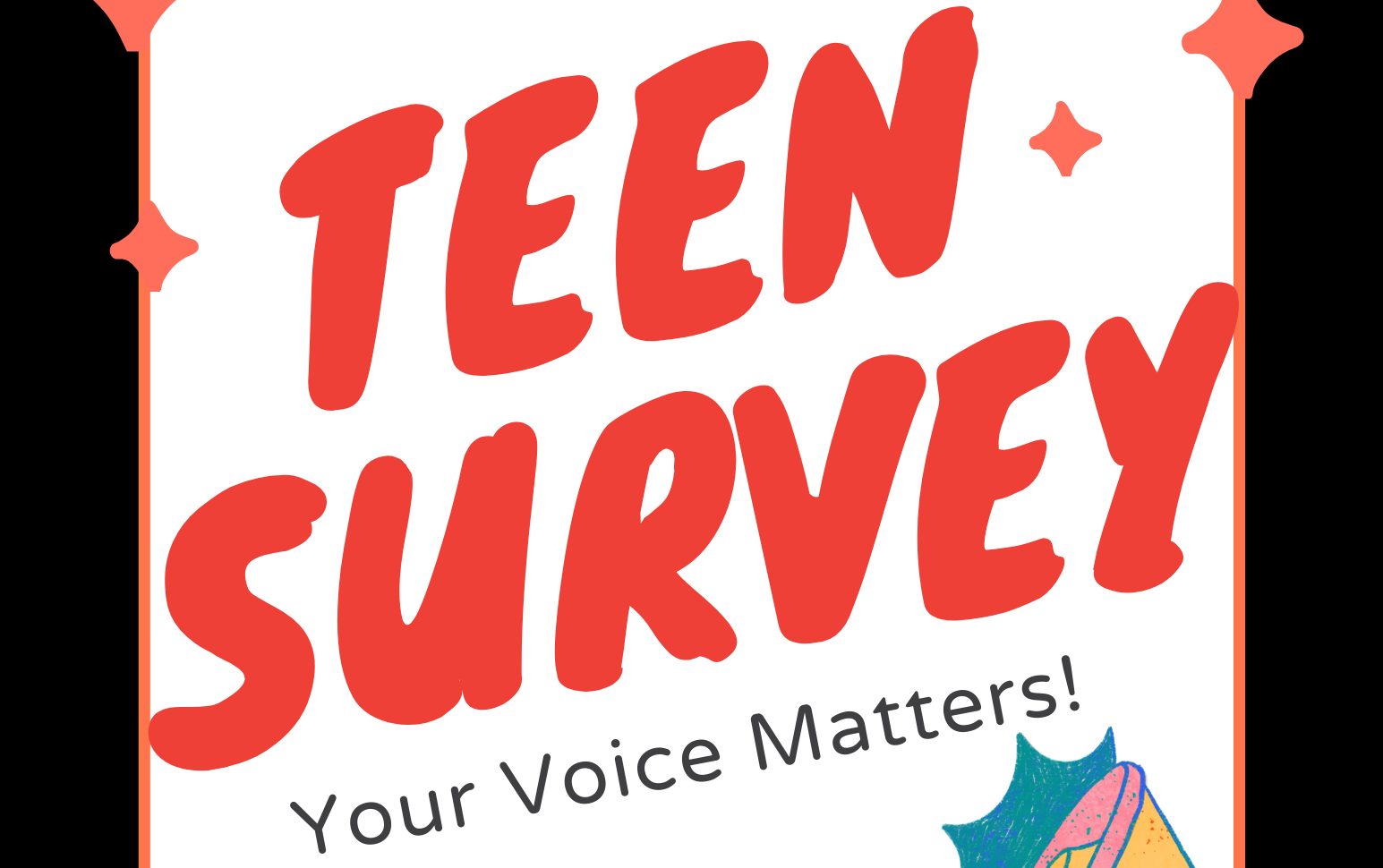We have all heard of foster care — temporary housing arrangements in which state-approved adults care for children whose biological parents or legal guardians are unable to care for them for various reasons. However, little about the thousands of children and their experiences are ever brought to the public’s attention. Mainstream media rarely mentions the subject outside the context of crime. But on May 8, Georgia Gov. Nathan Deal signed a new state law that local youth say will help prevent some of the problems youth face when aging out of care.
About Foster Care
According to the Georgia Division of Family and Children Services, approximately 14,500 children were in the state’s foster care system as of December 2017 — 3,278 of them were teens (13-18).
Nationally, more than half a million children endure the often-lengthy process of being in care, many in hopes of finding a permanent adoptive placement or going home. Only a small percentage, about 80,000, are adopted every year, according to the Adoption Network. Almost 20 percent wait five years or more. In Georgia, 40 percent of youth in care — 4,322 kids — had two or more placements in 2015.
For a number of reasons, parents sometimes are unable to provide proper care for their children, either temporarily or permanently. Financial troubles, drug addiction, mental or physical disabilities, even the child’s behavior can lead to a child entering the foster-care system. In 2015, more than 437,465 children “spent some time in” foster care in the United States, per the Children’s Bureau of the U.S. Department of Health and Human Services. The fates of thousands of children are handed to the state and managed through housing programs and foster homes. Child safety and welfare is the stated priority, which is why children are prompted to sacrifice familiar environments and move to foster homes or group homes, where they must deal with different challenges.
According to the National Conference of State Legislatures, “up to 80 percent of children in foster care have significant mental health issues, compared to approximately 18-22 percent of the general population.”
The consequences of childhood trauma and lack of life skills such as paying bills or getting jobs — much less applying to college — leaves many youth who age out of care unprepared for independent living.
According to Georgia Division of Family and Children Services Legislative & Communications Director Walter Jones, who told VOX ATL in an email, “One recent development is funding in next year’s state budget for 19 care coordinators with $2.25 million as part of a recommendation from the Commission on Children’s Mental Health.” More programs and funding can help case managers make sure children get the help that they deserve.
About 20,000 youth age out of care each year — meaning the child goes from being a part of the system to being on their own. However, 20 percent become homeless, according to the National Foster Youth Institute, and many don’t finish their education.
The U.S. Department of Education notes: “National research shows that children in foster care are at high-risk of dropping out of school and are unlikely to attend or graduate from college.” Only about 50 percent of children in the foster care system graduate high school and of the few that go to college, only about 3 percent graduate a four-year college, per the National Foster Youth Institute.
Mitigating challenges
Such circumstances can be mitigated through organizations such as Georgia EmpowerMEnt, which serves teens and emerging adults who are transitioning beyond foster care by engaging them in peer-to-peer support as well as advocacy for improving the child welfare system.
EmpowerMEnt was actively involved in getting Georgia’s new “Connected by 21” law passed this spring in the Georgia legislature. The law helps protect young people in care with support and wraparound services until they turn 21, rather than forcing them out of the system as soon as they turn 18.
Ann Campbell, who was in danger of aging out of the system before the bill passed, served as an advocate for the legislation. “This bill is very important because I have been homeless before, and I have seen first-hand what happens when you are following the rules and no one cares to hear your cries for help,” Campbell explained to VOX in an email. “The updated law will help lower the rate of homeless kids in care.”
VOX spoke with three teens involved in youth advocacy and the advancement of the statewide presence of EmpowerMEnt. Each of their stories gives a different perspective on the foster care system and spotlights recurring issues.
“My biological mother was on drugs and stuff. I do have other family, I just haven’t met them before. I have a twin sister, but I was left at the hospital when I was born. At that point, I went directly into the system.” —Daniel McAlister
“I grew up in kind of a strict house. Just to p**s off my parents, I liked to do dumb things. I started selling weed, breaking into houses, got into gangs, eventually my parents decided to kick me out. I was on my own for about two months. I came down to be with my mother, stayed with her for about a month, but I kept getting into trouble. She would call the sheriff crying, ‘Don’t lock away my baby.’ It got to the point where they put me in care.” —Michael Fulcher
“I came into the system because my mom has had problems with substance abuse — cocaine, weed, anything she could get her hands on. My stepdad was very physically abusive… People always said that the foster care system was just not a good place, but it was the best option.” —Cora Van Hall
False Labeling
The teens from EmpowerMEnt said they felt labeled from the start — if not because of their background files, then due to foster parents’ experiences with other placements.
Children are often labeled by words that end up reinforcing negative values, while still learning about themselves. Labels can follow children for the rest of their lives to the point where they start to live by them. These labels can end up influencing a child’s preconceived notions and create a self-fulfilling prophecy in which they feel the need to live up to the label, whether good or bad.
The EmpowerMEnt young people VOX interviewed argue that a file containing an entire lifetime of ordeals in a child’s life often cannot be concluded through a couple of words and do not ultimately define the person in the file.
Many children are categorized as “special needs” by being in the foster care system for two or more years prior to turning 14, or by having certain medical conditions or even “having a particular racial or ethnic background,” or to be placed with a sibling, according to the Adoption Exchange Association. Foster parents are then given higher monthly payments that are supposed to go toward the needs of the child.
“Foster homes treat you worse because they would get a packet and read about you and treat you based off of that like, ‘Oh, he gets into fights quick, or ‘He’s got anger issues, he’s been in gangs.’ They label us; it happens to practically every foster kid.” —Michael Fulcher
“[My foster parents] were suited for more younger kids. They had a teenager before who did a lot of stuff like running away. Although I had never done anything like that in my life, they automatically labeled me as a troublemaking teenager.” —Cora Van Hall
Stability
Education should be a source of stability, however, that can be difficult to achieve. Statistics indicate children in the foster care system are at a higher risk of dropping out of high school and are unlikely to make it to college. The young advocates say many youth do not have regular access to the internet, making it even harder for those in school to keep up. These issues could be solved if computers and wifi were made more accessible to lower-income households or if rules and regulations mandated the right to proper resources for children in the foster care system.
“When I realized that I wasn’t going to graduate on time, I started slacking off because I thought, ‘If I can’t graduate, what’s the point of me going?’ I just wanted to get my GED and start working but they would always tell me “Well, we are going to have to move you because you get in trouble’ and I would have to start all over again. That’s how it always was.” —Michael Fulcher
No amount of research or study can formulate a “How to Be the Perfect Foster Parent” guide. However, there are things that can be done to ensure that a child or teen is in a safe and supportive environment so he or she can flourish. According to the North American Council on Adoptable Children, foster children need parents who are patient, open-minded, trustworthy and persistent.
Foster children who have undergone chaotic or abusive living situations may be not be used to caregivers who are patient and resolve problems without the use of violence. It is important for foster parents to model more effective and calm behaviors. Nearly 60 percent of young males previously in the foster care system, age out and are convicted of crime, according to the nonprofit Children’s Rights. Through persistence, children build trust among their parents and can be encouraged to be better when they see receive encouragement from their surroundings.
“I am not going to say that my entire foster care experience was horrible. I did meet good people. The last foster home I was put in was with a nice Jamaican family. They read my file and asked, ‘Why did you do this? Why did you do that? Why did you come into care with nine tattoos?’ I’m like, ‘Because I was 15 when I came in, and no one else really ever bothered to try to get to know me.’ They put their trust in me, so it made me want to perform better. I started actually going to school, not having drugs on me, because if foster parents smell it in your room, you’re out. I started to get myself together and reward their trust, because someone invested their care in me. I didn’t want to let them down.” —Michael Fulcher
“My peers thought that a perfect family is never something that I should be reaching for. What I should be reaching for is not being hit every day, which, honestly, is super sad.” — Cora Van Hall
 Related News: New Adoption Law
Related News: New Adoption Law
Recently Gov. Nathan Deal signed House Bill 159, making adoption easier in the state of Georgia. The bill highlights the change in time that a mother will have to change her mind after giving up her child, bringing it down to only four days. According to Georgia Legislative Navigator, the new law also makes the process for children to move into a permanent placement more efficient by changing the requirements for adopting children, allowing nonresidents the option to adopt his or her child, and changing the age for individuals to access the Adoption Reunion Registry.




